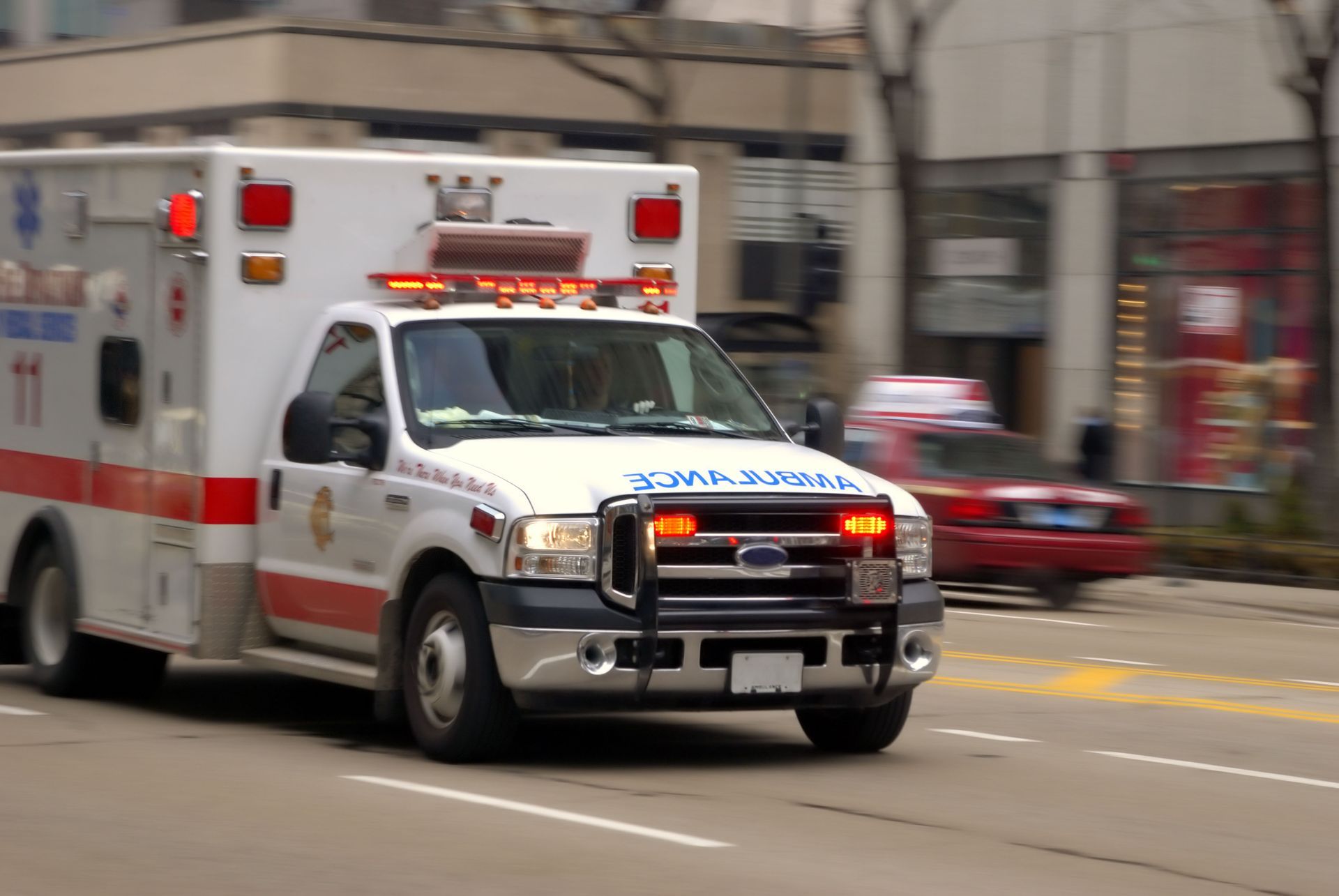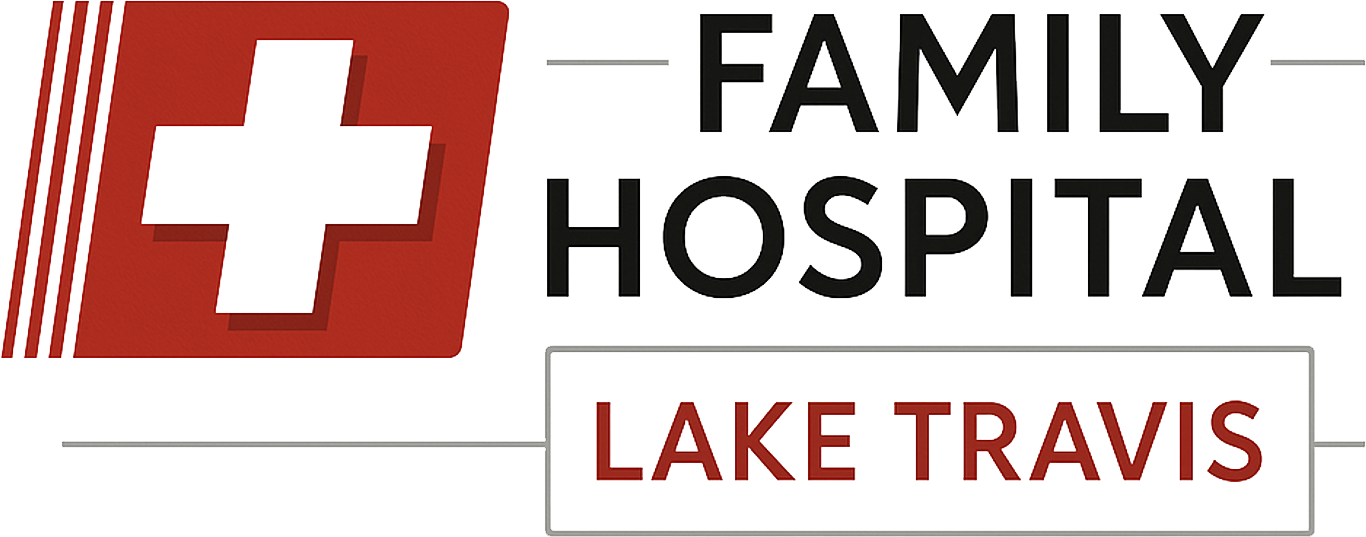When Should You Seek Emergency Hospital Treatment?
Emergency hospital treatment can be a daunting prospect for many people. Often, it is difficult to determine when a medical issue requires a simple visit to a doctor or urgent care clinic, and when it necessitates an immediate trip to the emergency room. Understanding some of the common signs and symptoms that warrant emergency hospital treatment can help you make informed decisions about your health and well-being.
Severe Pain
One of the most obvious reasons to seek emergency hospital medical treatment is the presence of severe pain. Whether it is caused by an injury or an unknown source, severe and unrelenting pain should not be ignored. This is particularly true if the pain is accompanied by other symptoms such as vomiting, fever, or weakness. These could indicate serious medical conditions like appendicitis or kidney stones that require immediate professional care. Additionally, pain that radiates to other areas of the body, such as chest pain spreading to the arm or jaw, may signal a heart attack. Abdominal pain paired with bloating or an inability to pass gas could point to a bowel obstruction. Because pain is the body’s way of alerting us to a problem, seeking emergency care ensures that underlying conditions are identified and treated before complications worsen.
Difficulty Breathing
If you experience sudden or severe difficulty breathing, it is crucial to seek emergency care. Respiratory distress can be caused by a variety of issues, including asthma attacks, allergic reactions, or infections like pneumonia. Immediate medical intervention is imperative to ensure adequate oxygen supply to your body and prevent complications. Never underestimate symptoms related to breathing, as they can escalate quickly without prompt treatment.
Mental Health Crises
Mental health emergencies are another important reason to seek emergency treatment. According to the National Alliance on Mental Illness (NAMI), one in five adults experience mental illness each year. If you or someone you know is experiencing severe depression, suicidal thoughts, or any other mental health crisis, emergency intervention may be necessary. While mental health crises do not always present with physical symptoms, they are just as urgent and need prompt attention from healthcare professionals.
Loss of Consciousness
Another common emergency scenario involves unexplained loss of consciousness or significant changes in behavior. These symptoms can indicate issues like seizures, strokes, or severe infections. If you or someone around you experiences fainting, confusion, or significant disorientation, it is essential to get to an emergency room as soon as possible. Early intervention can significantly improve outcomes, especially in cases of stroke, where time is of the essence. Prompt treatment can prevent permanent brain damage, disability, or even death. In some cases, what appears to be minor confusion could be an early warning sign of a life-threatening condition, such as a transient ischemic attack (TIA) or low blood sugar. It’s also important not to attempt to self-diagnose, as symptoms can overlap between different medical emergencies. Medical professionals use advanced diagnostic tools to determine the underlying cause quickly and accurately. If you're unsure whether symptoms are serious, it's always better to err on the side of caution and seek immediate medical attention. Responding quickly could mean the difference between a full recovery and long-term health complications.
Excessive Bleeding
Finally, if you suffer from any form of excessive bleeding, it is vital to seek emergency hospital treatment immediately. Whether it is through injury or a medical procedure, excessive bleeding presents a serious risk of shock or organ damage. If the bleeding doesn't subside with basic first aid within a few minutes, professional medical intervention is necessary. In these situations, it is better to err on the side of caution and seek expert care to prevent further complications.
The decision to seek emergency hospital treatment should be guided by the severity and immediacy of your symptoms. Severe pain, difficulty breathing, mental health crises, unexplained loss of consciousness, and excessive bleeding are all clear indicators to seek help as soon as possible. By understanding these key scenarios, you can make informed decisions and seek the necessary care that could ultimately be life-saving. Remember, when in doubt, it is better to seek medical advice and ensure your safety and well-being.
If you or a loved one are experiencing signs of a serious medical emergency, don’t wait. Visit Family Hospital at Lake Travis for compassionate, expert care at a leading emergency hospital where your health and safety are our top priority.





Share On: